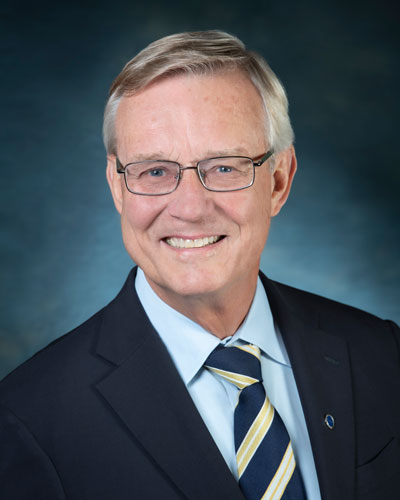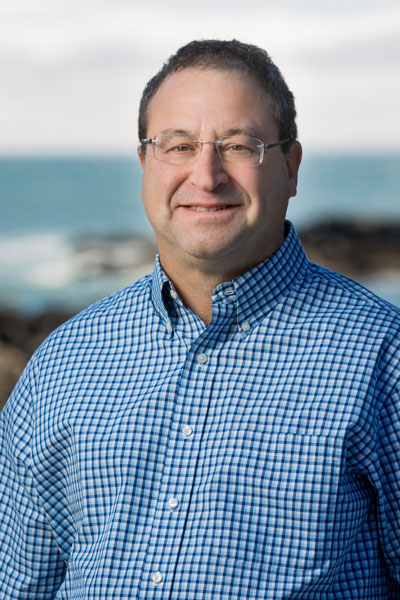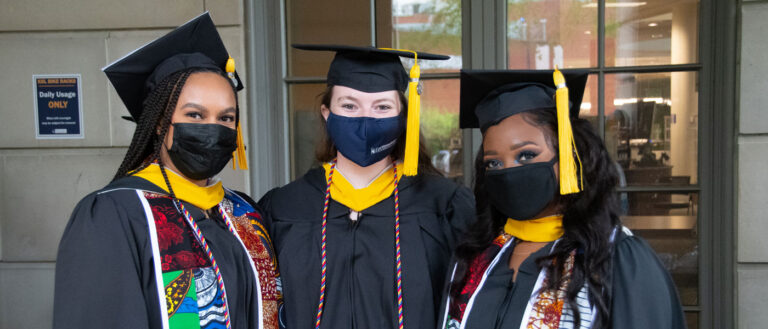After back-to-back years of markedly different graduation festivities—virtual in 2020 and restricted to students and select faculty in 2021—Case Western Reserve University will again welcome families and friends to campus this weekend for commencement ceremonies.
More than 2,500 graduating students are expected to be in attendance to receive their diplomas May 14-15 during the university’s convocation and the school’s ceremonies. Find the full schedule of events online.
For those unable to attend in person, the university will livestream convocation, featuring Cleveland Mayor Justin Bibb (LAW ’18, MGT ’18), at case.edu/livestream/s1. The undergraduate studies ceremony, as well as most school ceremonies, will also be aired on the livestream website and on the schools’ Facebook pages.
(Want to be even more interactive online? Download CWRU commencement GIFs, Instagram templates, yard signs and more, and be sure to tag CWRU in your posts and follow along on social media sites with #CWRUGrad2022.)
Honoring outstanding achievement
In addition to the graduates earning bachelor’s, master’s and doctoral degrees, the university will award two honorary degrees for the recipients’ lifetime achievements in scholarship, public service and more.
This year’s awardees—John Anderson and Mark Gelfand—have close ties to Case Western Reserve, with the former a prior provost and the latter a longtime supporter.
Learn more about the career accomplishments of CWRU’s honorary degree recipients.

John Anderson
Doctor of Engineering, Honoris Causa
John Anderson became president of the National Academy of Engineering in 2019—more than 25 years after first being elected to the esteemed organization for his contributions to the understanding of colloidal hydrodynamics and membrane transport phenomena.
This role followed a prominent career in academia, with leadership positions including provost and executive vice president of Case Western Reserve University and president of the Illinois Institute of Technology. He also spent 28 years on the faculty of Carnegie Mellon University, which included eight years as dean of the College of Engineering and 11 years as head of the Department of Chemical Engineering.
Anderson is a fellow of the American Academy of Arts and Sciences and the American Association for the Advancement of Science, and he was a presidential appointee to the National Science Board between 2014 and 2020. His awards include the Acrivos Professional Progress Award of the American Institute of Chemical Engineers (AIChE), a Guggenheim Fellowship, the Pittsburgh Section of AIChE’s “Outstanding Professional Accomplishments in the Field of Academics” honor and the National Engineering Award from the American Association of Engineering Societies. He has held visiting professor positions at MIT, University of Melbourne (Australia) and Wageningen University (the Netherlands), and his first faculty appointment was in chemical engineering at Cornell University.
Born and raised in Wilmington, Delaware, Anderson received a bachelor’s degree from the University of Delaware and a PhD from the University of Illinois at Urbana-Champaign, both in chemical engineering.

Mark Gelfand
Doctor of Humane Letters, Honoris Causa
Mark Gelfand often says that “Inside every child is a scientist.”
He could be talking about the thousands of children around the world who, through his philanthropic support, he’s helped introduce to science, technology, engineering and mathematics (STEM). Or Gelfand could be talking from personal experience.
Growing up just down the road from Case Western Reserve University in South Euclid, Ohio, with his parents, Dolores (CLC ’66; GRS ’67, speech) and Harvey (GRS ’69, education), Gelfand was inspired by the space race of the 1960s—and by his uncle, Leonard (CIT ’50), a chemical and electrical engineer.
He earned a bachelor’s degree in physics from Carnegie Mellon University in 1973, and, more than a decade later, founded Intex Solutions, which developed the standard calculator for the international structured finance markets.
As his three sons (all of whom are now engineers) grew up, Gelfand became concerned about the lack of hands-on STEM instruction for children without resources. He began launching initiatives in cities across the U.S., including Case Western Reserve’s Leonard Gelfand STEM Center, through which thousands of Northeast Ohio students from pre-K through 12th grade take part in hands-on activities to develop a lasting interest in science and engineering.
He extended his efforts to Israel, Ethiopia and then across sub-Saharan Africa through his nonprofit, STEMpower, which, with the help of Case School of Engineering Associate Dean for Academics Daniel Lacks, has established 66 STEM centers in Africa, with 16 more in progress and a goal of 100 by 2023. Each year, Gelfand said, the centers reach hundreds of thousands of African students and influence their futures in the field.
Get the latest information on the weekend’s events at case.edu/commencement.

